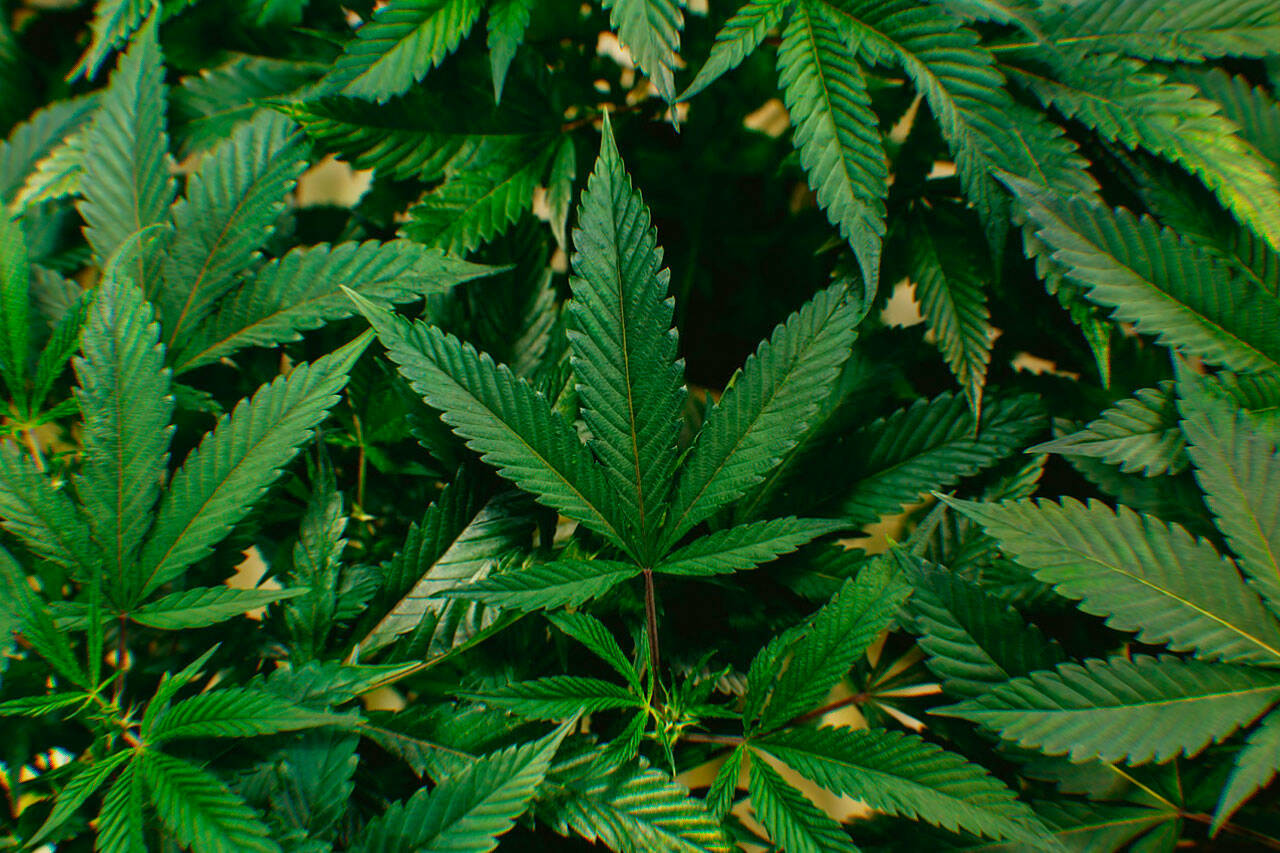"It didn't cure me, however it provided me the opportunity to get the rest I needed to recover, and I had the ability to function at a much greater level than with the pain relievers, that made me get up foggy every day," he stated. "With cannabis, I can consume it during the night and awaken with a clear head."Marijuana is a particularly effective treatment for people who need assist with discomfort management, as well as those with sleep disorders or anxiety; nevertheless, "there are hundreds of conditions that it treats," Rinella said.
Medical decisions must not be made based upon advertising. Seek advice from a doctor on the benefits and dangers of specific medical marijuana items.

The outcomes of an online survey, consisting of 95 individuals, included in the Journal of Option and Complementary Medicine in 2014. The scientists found that individuals preferred indica strains for discomfort management, sedation, and sleep while they would choose sativa stress to enhance energy and mood. Relating to discomfort management, individuals reported a statistically substantial result when utilizing indica for: It is, nevertheless, important to note that this study had several constraints.
Participants did not use the marijuana in a regulated setting, possibly resulting in distinctions in drug composition, dosage, and strength. Another research study analyzed using naturally grown sativa and indica stress in the treatment of numerous medical conditions. Just over half of the participants were using cannabis to deal with HIV.
The results suggested that indica strains are most likely to improve energy and appetite, while both sativa and indica stress can reduce queasiness to a comparable degree. Cannabis consists of compounds that may relieve pain, nausea, and other symptoms. The parts of marijuana that many studies concentrate on for discomfort relief are cannabidiol (CBD) and tetrahydrocannabinol (THC).
CBDTHC resembles the cannabinoid chemicals that occur naturally in the body. When people consume or breathe in THC, it the brain's cannabinoid receptors. This triggers the brain's reward system and minimizes pain levels. THC is a psychoactive compound as it binds to cannabinoid receptors and produces an elevated mindset, referred to as a high.